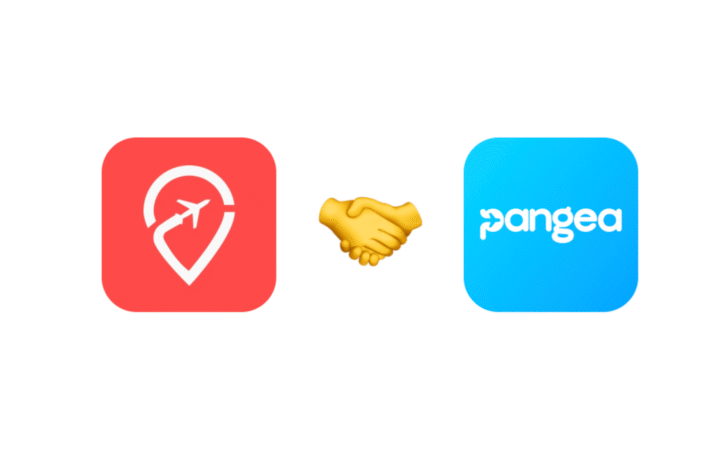
Google’s Universal Commerce Protocol Could Bring AI Checkout to Travel Bookings
Google’s new Universal Commerce Protocol is built to help AI agents complete purchases inside conversations – a model that could translate naturally to complex travel bookings.








